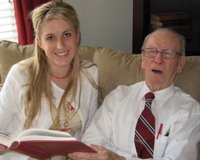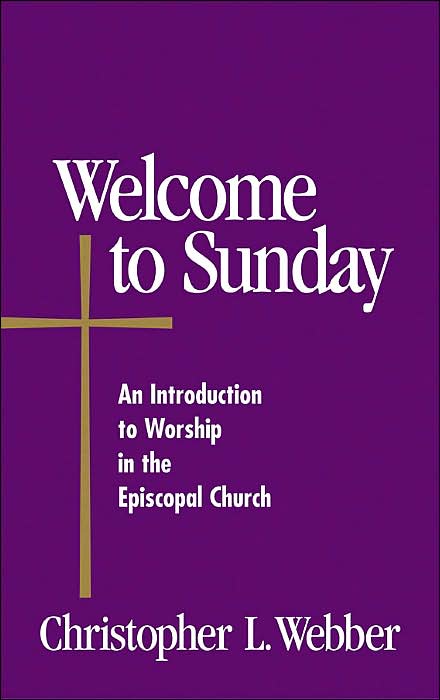
Sorry it's been so long since I blogged last; my world has been anything but sane lately, and it doesn't look like it will get better anytime soon. However, I will do my darndest to get some good bloggin' on in spite of the hectic schedule.
I'm currently reading a book for which I had high hopes,
Why Men Hate Going to Church. So far, however, I have been extremely disappointed. One of my good friends put it best: "It's a mix of Leon Podles book,
The Church Impotent, and John Eldridge's famous
Wild at Heart." Unfortunately, it has more in common with the latter than the former.
In this post, I'm not going to get into the main problem I have with this book, rather I want to look at just one section that has been bugging me a bit. Murrow is explaining that there are different kinds of churches, most of which are an absolute turn-off to men. He describes one of these as the Ceremony Church:
"We please God by performing rituals. Familiar sacraments, prayers, and traditions are the keys to a succesful worship service. The true (yet unspoken) purpose of church is not to change the world; it is to preserve tradition.
Rituals and tradition are deeply meaningful to some men, especially those who grew up in high churches. But most liturgical churches do a pitiful job reaching unchurched men, who are drawn to the practical rather than the mystical. As Chip MacGregor puts it, 'Men want reality, not more ritual'"(30).
First of all, I agree that sacraments, prayers, and tradition are indeed the keys (at least some of the keys) to a succesful worship service (the author disagrees with this statement). But the second statement in no way follows from the first; it is a
non-sequitor. I believe that part of the way the world is changed, is through changing ourselves first, by means of the sacraments, prayers, traditions, etc. Preserving tradition is a very good thing; it's just not an end in itself. We preserve tradition so that we
can change the world.
What man would not be drawn to a worship service in which the sacraments are understood clearly and celebrated; the prayers are prayers that are biblical, robust, and masculine; and the traditions are laid out as a road map (liturgy) so that he can know where he is in the service, and where he is going?
Secondly, Murrow states that "most liturgical churches do a pitiful job reaching unchurched men." So what? He has already made the case elsewhere that almost all churches are doing a pitiful job reaching men. The fact that liturgical churches stink at reaching unchurched men has nothing to do with the fact that they are liturgical, and everything to do with the fact that they have forgotten
why they are liturgical. Why do we insist on throwing the baby out with the bathwater?
This whole book is just so pragmatic. It asks the wrong question, namely "How can we sell the church in a more attractive way, so that men will want to come back?" The better way to address the problem is to recognize that the men are absent from church because we have failed to be the Church. So how do we get back to being the Church that God has called us to be; the Ancient Church which attracted men
and women by the thousands, and whose purpose was worth dying for?
This could all be developed further, but I don't want this post to get too long. Hopefully there are some good discussion points on the table.
read more
 I'm currently proofing a book for a friend (many of you know him), and I'm finding it a very interesting read. I haven't asked for permission to post on the book, so I'm just going to address one point from one chapter.
I'm currently proofing a book for a friend (many of you know him), and I'm finding it a very interesting read. I haven't asked for permission to post on the book, so I'm just going to address one point from one chapter.


























